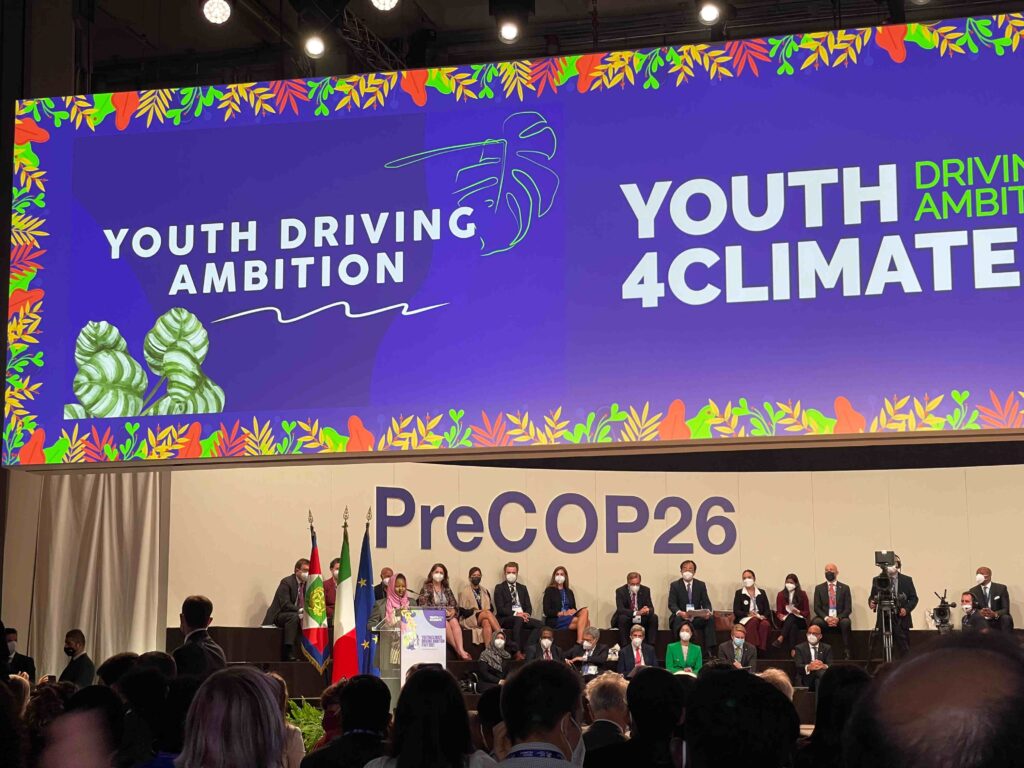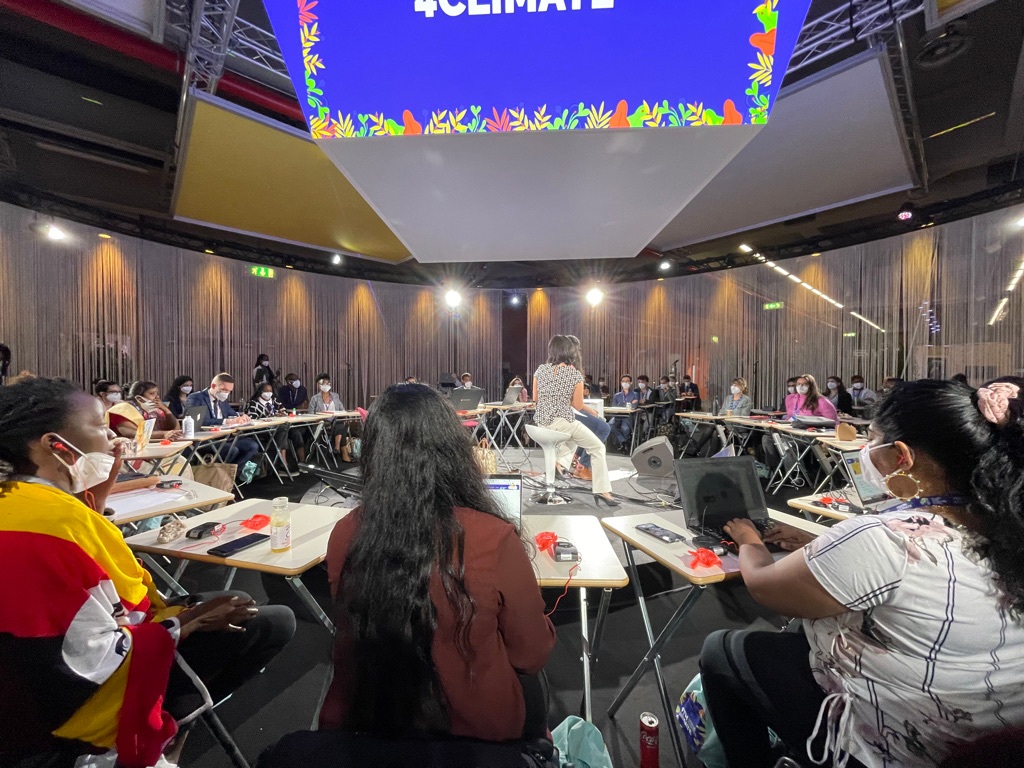Climate commitments should be embedded in all government contracts
As the world looks to Glasgow for the COP26 conference on climate change, we’ll be discussing some of the changes our industry needs to make and reflecting on the COP debate on the AECOM Blog. Join the discussion on social media by following us on Twitter and LinkedIn. Find more information in our special COP26 edition of our “Future of Infrastructure” report: https://infrastructure.aecom.com
Last month, I attended the Youth4Climate Pre-COP26 summit in Milan, where I represented my home country of Latvia alongside delegates from more than 190 other countries. We were all under 29 years old and were chosen following a rigorous application process. With more than 8,700 applications sent to the UN, I feel very privileged to be one of only 400 selected to attend.
I am a bridge engineer at AECOM based in Newcastle, England and my application drew heavily on my career and my belief that the infrastructure sector is key to tackling the climate emergency. Many delegates had a policy or diplomacy background, so I was really pleased to be a voice for the engineering profession.
At the summit, we were organized into four groups, with my group looking at sustainable recovery. We debated and discussed a range of topics from energy transition, nature-based solutions and adaptation and resilience, to financial flows and sustainable tourism.
I stressed the need for policy changes that align infrastructure investment with the commitment to limit global warming to 1.5°C and ensure a fair allocation of climate risks and associated costs.
The policy recommendations from the four groups have been consolidated into a single outcome document, which will be passed to the parties of COP26 in advance of the summit. For the first time, world leaders have formally committed to reviewing and responding to our recommendations.
This is a positive shift that demonstrates a growing recognition for the voice of younger generations. However, world leaders need to acknowledge that youth are not only a major stakeholder group whose futures depend on the decisions taken today, but also an essential partner for developing the solutions to climate change. Young professionals have ambition, decisiveness and expertise, and we are determined to hold decision-makers accountable.
The last day of the summit was an opportunity for us to meet with the ministers and leaders attending Pre-COP26, which is the final meeting of climate and energy ministers held one month before the main event. The highly influential delegates included the Vice President of the European Commission Frans Timmermans; the U.S. Special Presidential Envoy for Climate, John Kerry; and COP26 President Alok Sharma. The day was also attended by the Prime Minister of Italy Mario Draghi and President of Italy Sergio Mattarella.
We presented them with our key messages to take to COP26 and highlighted the need for continuous collaboration. I will continue to work closely with my fellow delegates to ensure due consideration of our policy recommendations and that governments around the world take decisive, appropriately ambitious and just action to tackle climate change. I will be attending COP26 to promote the recommendations of the youth summit and engage in discussions on both government policies and business-driven climate action in the civil engineering industry. I want to help ensure that our industry is doing everything it can to secure a sustainable future for my generation and the generations to come.
A version of this article first appeared in Infrastructure Intelligence.








